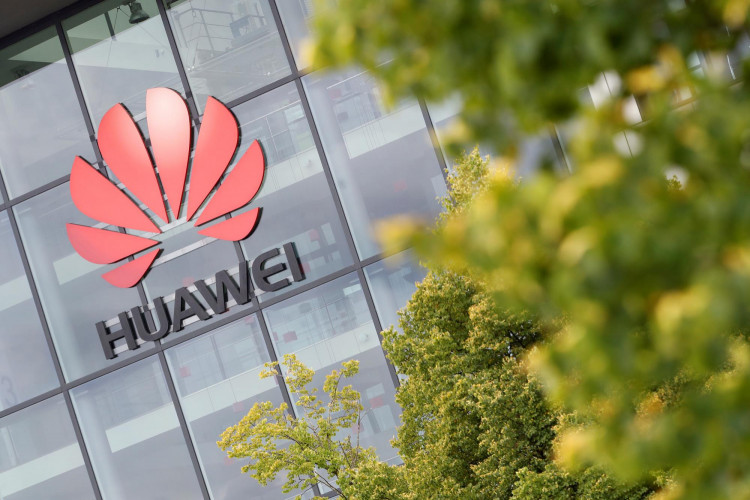The UK Supreme Court has unanimously tossed out appeals by Chinese mobile telecom groups Huawei and ZTE in a mobile data patent lawsuit against Unwired Planet International Ltd and Conversant Wireless Licensing.
The case revolved around the issuance of a license for a patented technology deemed critical to mobile operators. The patents are intended to ensure that all parties adhere to policies on balanced and equal competition.
British judges affirmed a ruling giving Huawei two options: pay Unwired Planet a global rate imposed by the court, or face injunctions that would restrict the company's European sales.
In a related resolution involving another patent group, the judges declined the two Chinese telecom firms' assertion that, if any judicial body were to set a universal rate, it should be the courts in China, where production and the biggest volume of revenues are based.
Huawei was sued by Unwired Planet for patent violation in 2014. Years of legal proceedings ensued in which the High Tribunal sided with Unwired in 2017 and 2018, leaving Huawei no other recourse but to run to the Supreme Court for the trial hearing in 2019.
While Huawei disclosed that it has since ironed out kinks with Unwired Planet's mother unit, the decision could essentially make the UK judges the go-to guys for the global imposition of royalty rates.
The ruling could also set in motion a major rivalry if other nations, like the U.S., Germany, and China, decide to act as adjudicators of these feuds. British courts have earned a new popular distinction among patent companies since the original decision was handed out.
In a statement, Conversant said the supreme court decision was "a landmark judgment" that will have consequential implications for the global telecom industry's patent licensing.
Courts and federal regulatory bodies worldwide have faced extreme pressure on what kind of price tag they will put on patents for key technologies and whether the owners have any authority to regulate the use of the concept. It's a dilemma that has become very crucial as companies brace for a more challenging landscape that is 5G.






